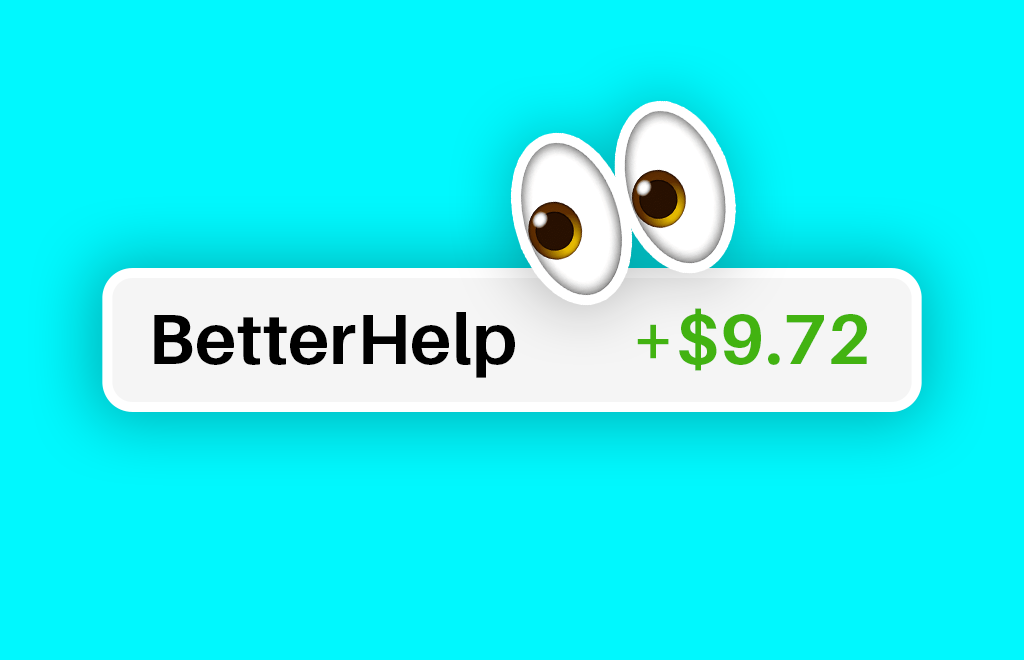A few weeks ago, I needed to caption a video on Adobe Premiere Pro for work. I was in a time crunch, so I looked up keywords on YouTube to watch what I thought would be a quick tutorial. I scrolled and found an instructional video. I selected it and then watched an ad play for a few seconds about a store I was recently shopping at. I tried to skip forward to the part of the video I needed, and then another ad popped up. And while I figured out what I needed to do, I couldn’t help but feel frustrated with how many ads I got for just one video.
Later that week, I also noticed that even when I pause my TV on a show on Paramount, an ad with a QR code pops up within a few seconds of a food item I had previously searched for. It feels like now we’re seeing more ads than ever with little to no control over what’s being served to us and at what frequency. It leaves many of us wondering: Why so many ads?
The answer is simple: It’s profitable for Big Tech companies. And as it turns out, most Big Tech companies are really just Big Surveillance companies, relying on their model of surveillance advertising to keep us glued to their products in order to gobble up data about us and sell our time and attention to advertisers. Surveillance advertising is the pernicious practice of extensively tracking and profiling individuals and groups, and then microtargeting ads at them based on their behavioral history, relationships, and identity.
Big Tech’s pursuit of our data has expanded beyond just social media platforms. It’s created an undercurrent of a data economy that pervades almost every part of our lives. Your every move, swipe, click, trip, message, etc. is valuable data. It’s happening in more places than you realize.
Here are some examples of how you’re tracked in unexpected ways:
- When you watch TV: Smart TVs collect information about what you’re watching, how long you’re watching it, and where you watch it. That data on you is then sold to advertisers. Companies like Roku, earned $2.7 billion in 2021 through targeted advertisements on the platform.
- While you drive: Yes, your cars watch, listen, and collect information about what you do and where you go. Modern cars are a privacy nightmare. Of 25 car brands that Mozilla recently reviewed, all 25 failed to meet a minimum standard for data privacy.. 84% of those brands sell your data, and 56% of the tested brands would also share your information with the government or law enforcement in response to a request.
- How you spend your money: The credit card company, Mastercard, sells cardholder transaction data through third-party online data marketplaces. It gives advertisers data on where people shop, how much they spend, and on what days. Every swipe, tap, and online purchase you make is just more data to be bought and sold.
This invasive of our privacy is downright creepy but even more alarming is that this toxic business model will only get worse in time with more data tracking and more ads. Companies are incentivized to hook us, track us, sell our data, and serve us more ads to increase their own profit.
So, what can we do to stop the bombardment of ads and protect our privacy? We must ban surveillance advertising to get to the root of Big Tech’s harms.
Earlier this year, Members of Congress reintroduced the Banning Surveillance Advertising Act – bold legislation that will ban the toxic business model that drives the proliferation of disinformation and extremism on and offline. The idea of banning surveillance advertising was once considered a radical proposal. But now, our transatlantic coalition of 50+ advocacy groups fighting to end Big Tech’s toxic business model is gaining momentum. Companies shouldn’t endlessly track us for profit – particularly with so many resulting harms. Banning surveillance advertising will help strengthen our privacy, and advance big structural reform to rein in Big Tech and help heal our information ecosystem.








